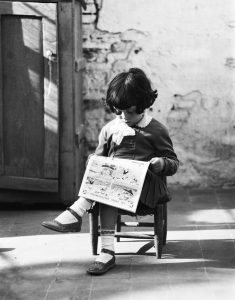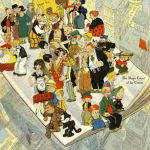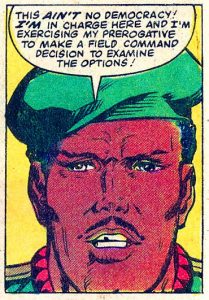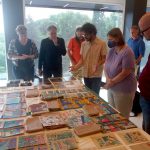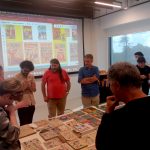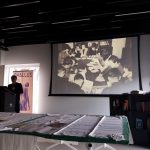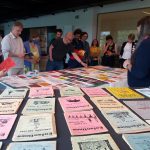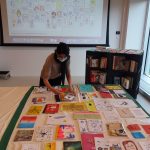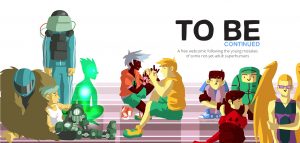31 March 2021, 08:30-9:45 — Blandijn, 2nd floor, room 2.25
Talk by Lorenzo Di Paola, University of Messina/University of Salerno
The Corriere dei Piccoli was born at a particular moment in Italian history, between old systems of literary communication and the blossoming of new factors that were transforming the national cultural scene thanks to the advent of new industrial technologies and new cultural logics. This paper aims to investigate the communication format of this famous periodical in which national cultural models and international leisure models began to coexist and circulate, capable of breaking down the rigid boundaries of Italian literary culture and habitual pedagogical and monumental figures of the late nineteenth century. A new family scene of entertainment was thus created in a formula in which (the great names of the first Italian comics, Antonio Rubino, Attilio Mussino, Sergio Tofano, and others) an evident co-participation in their own historical time – thanks to the connections with Art Nouveau, Futurism, cinema – and the remediation of a long cultural tradition – the illustration of the figurine makers, satire, the spectacle of the storytellers – were intertwined. The proposed analysis therefore includes
– a focus on the social and perceptive revolution that accompanied the Corriere dei Piccoli;
– an investigation into the imagery and media narratives that nourished the magazine;
– an overview of the major authors of the Corriere dei Piccoli‘s auroral phase;
– readings and the critical fortunes of the periodical.
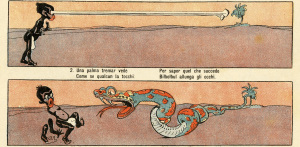
Bio
Lorenzo Di Paola is research fellow at the Department of Ancient and Modern Civilisations, University of Messina. He is adjunct professor of “Teorie e sociologie del fumetto dalla stampa al digitale ” at the University of Salerno. He cooperates with the chairs of Sociology of Cinema and Audiovisuals, Digital Media and Sociology of the Imaginary at the University of Salerno. He works on the mediology of comics and literature and the sociology of digital cultures. He has written numerous articles for scientific journals and collective volumes, and has participated in numerous national and international conferences. He is part of the international research group on Italian comics SNIF – Studying ‘n’ Investigating Fumetti, and is a member of the “Centro Studi Media Culture Società” at the University of Salerno. He also co-edits the scientific series “L’Eternauta, Collana di studi su fumetti e media”, together with Luigi Frezza and Mario Tirino. He has edited with Mario Tirino the volume Poi piovve dentro a l’alta fantasia. Dante e i fumetti (Polidoro Editore 2022). His most recent publications include: From Virtual Reality to Augmented Reality: Devices, Bodies, Places and Relationships (Ismar-adjunct 2021); L’immaginazione al potere (Oedipus 2020); Alla ricerca di una nuova identità disciplinare. Il fumetto e la transdisciplinarità (Mediascapes Journal, 2019). He is the author of the book L’inafferrabile medium. Una cartografia delle teorie del fumetto dagli anni venti a oggi (Polidoro editore, 2019).
